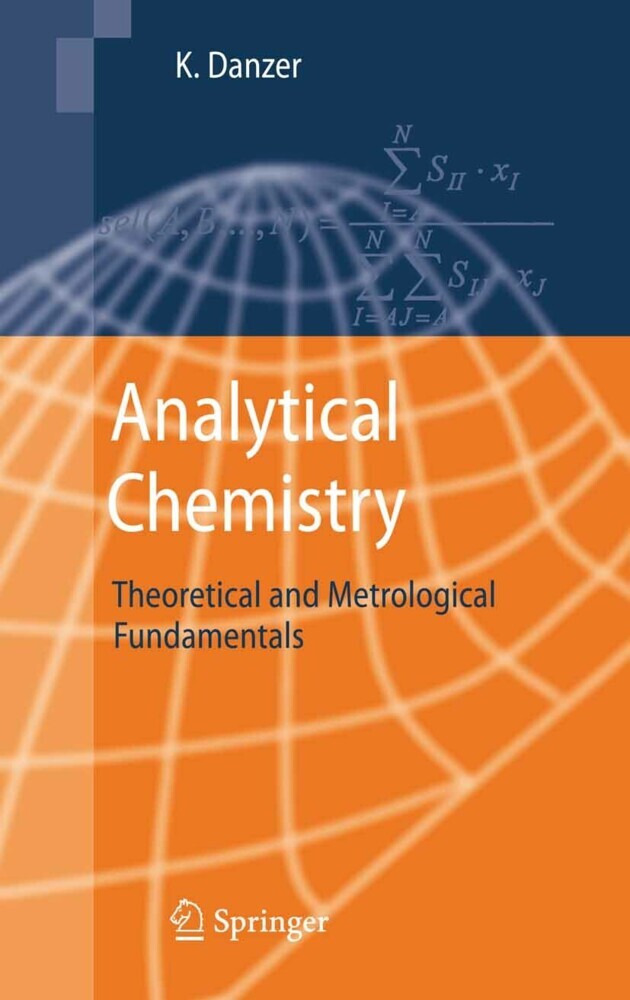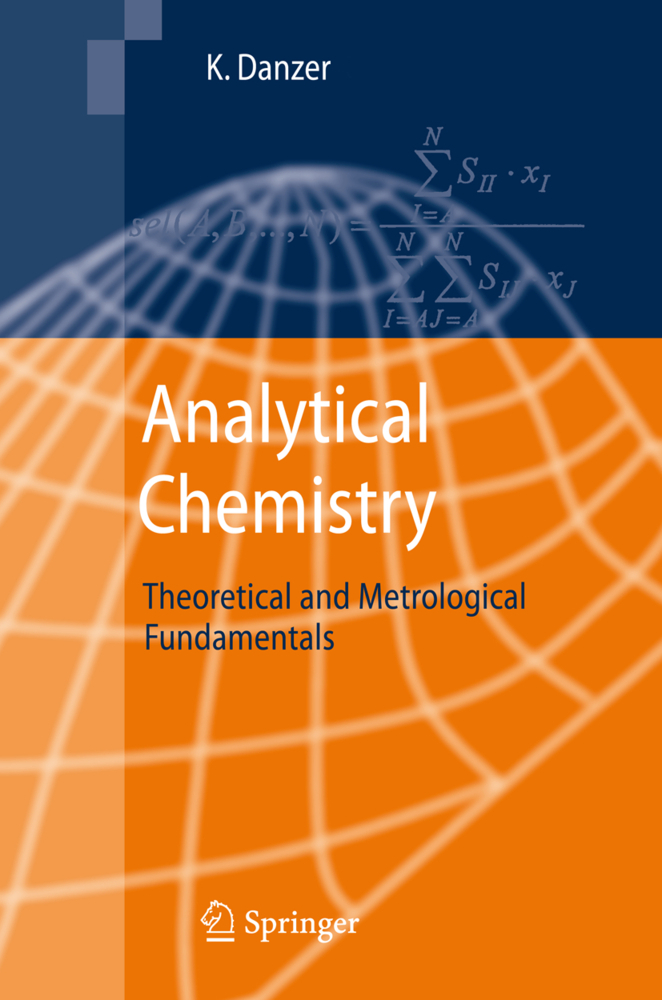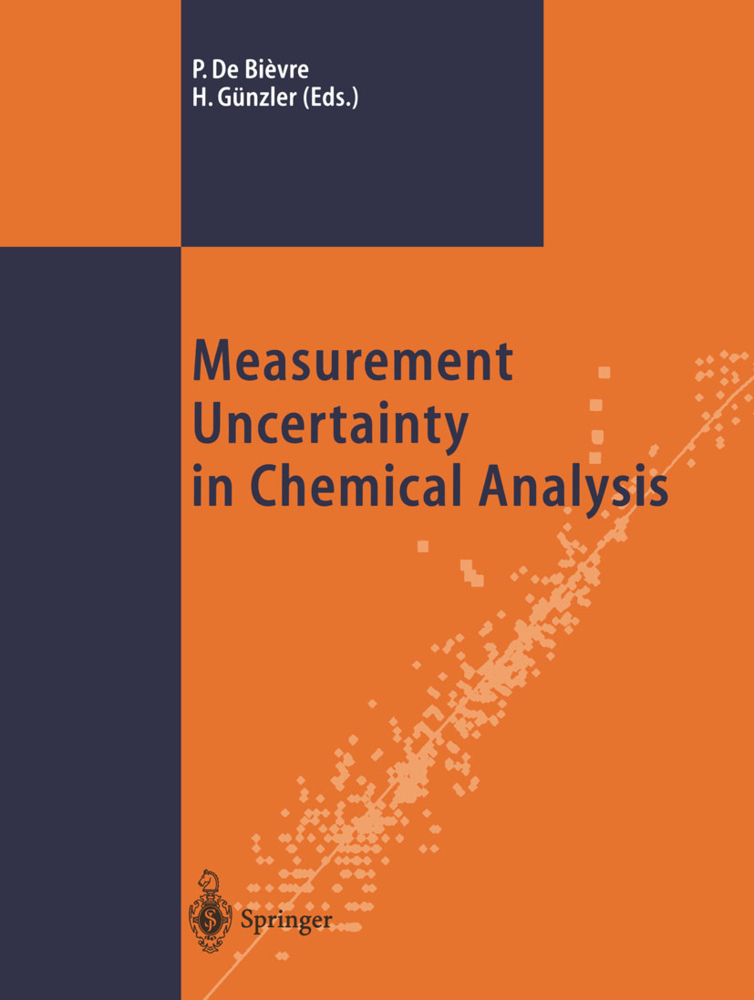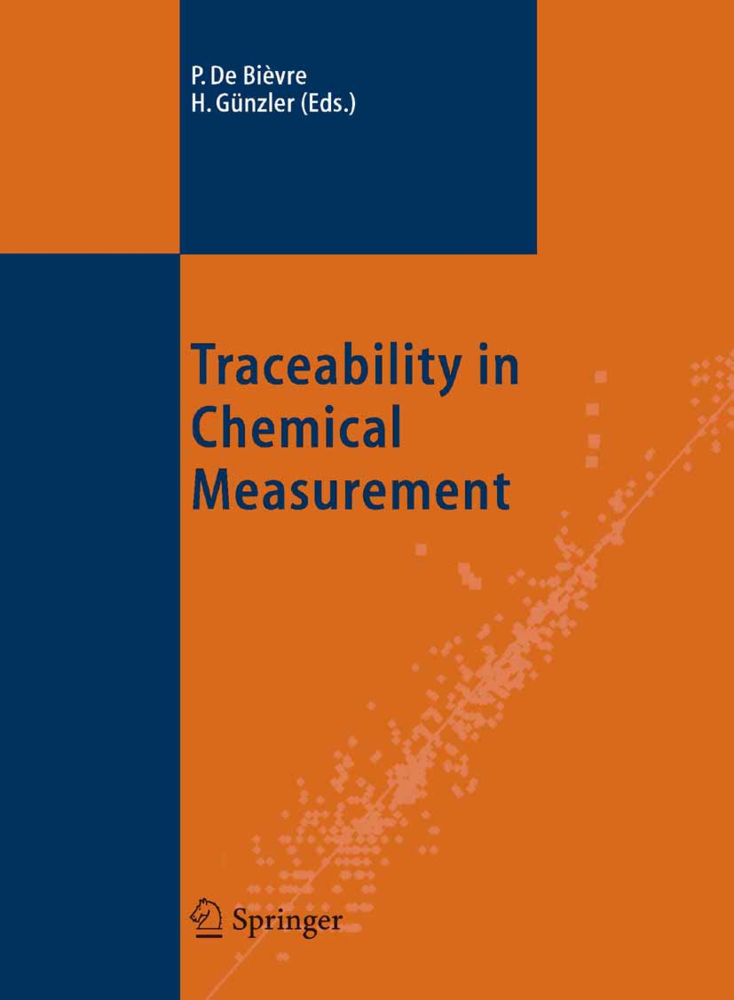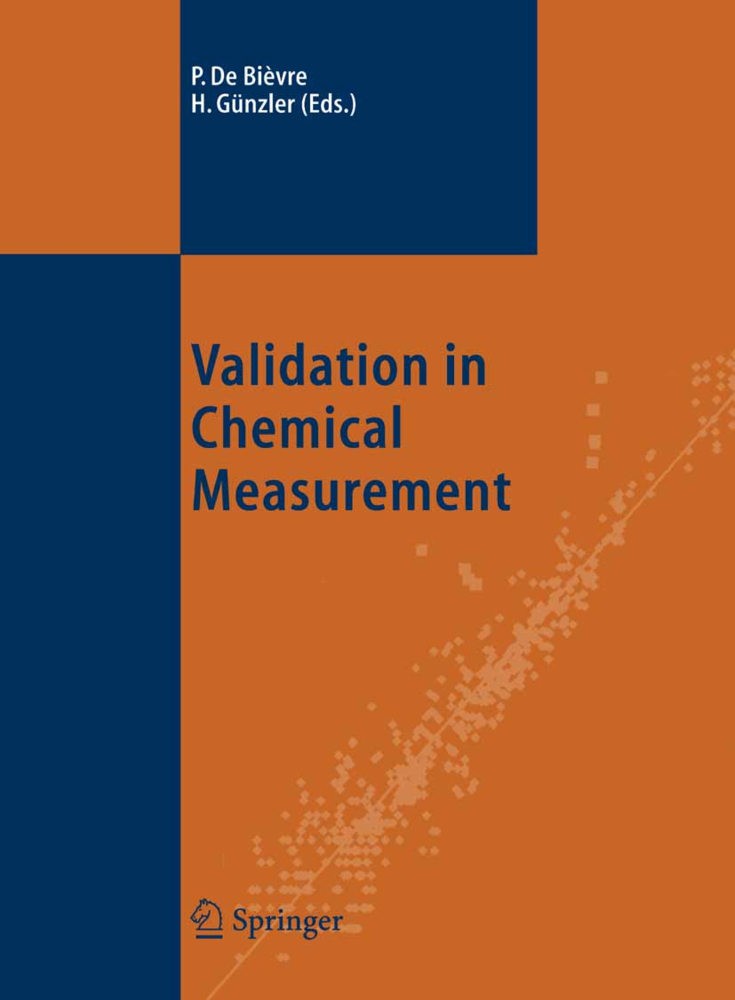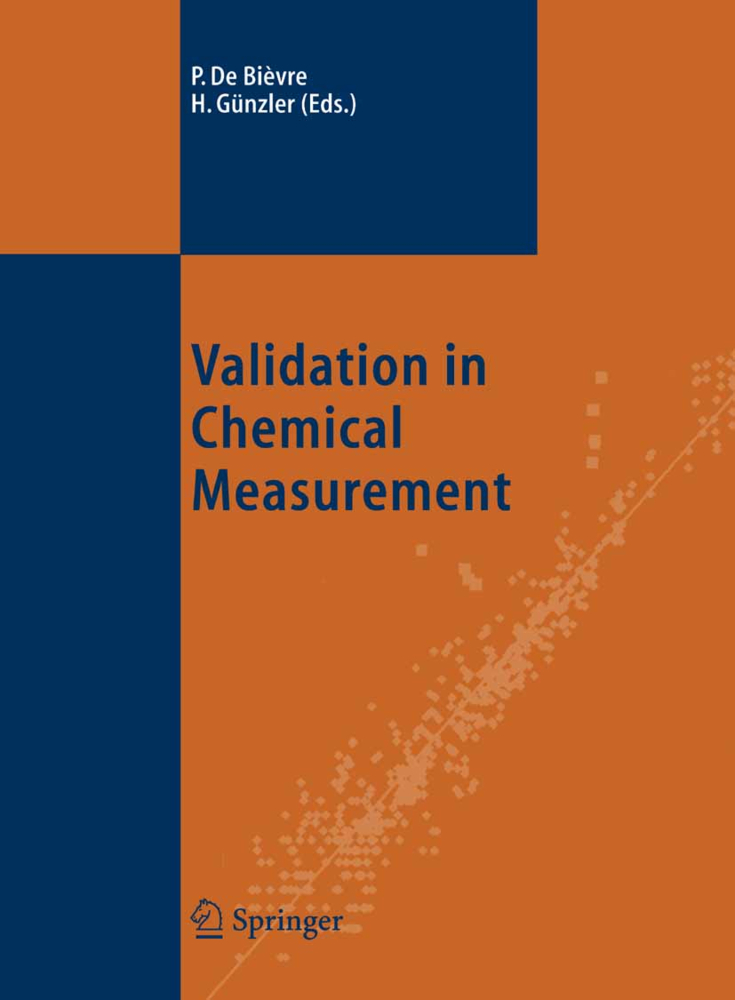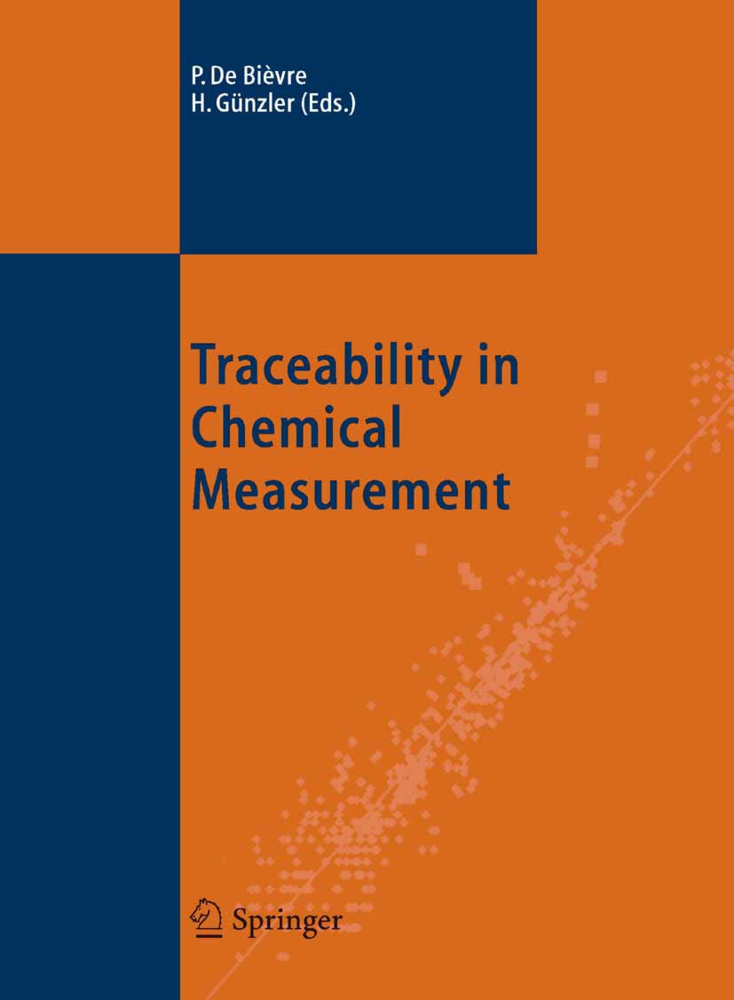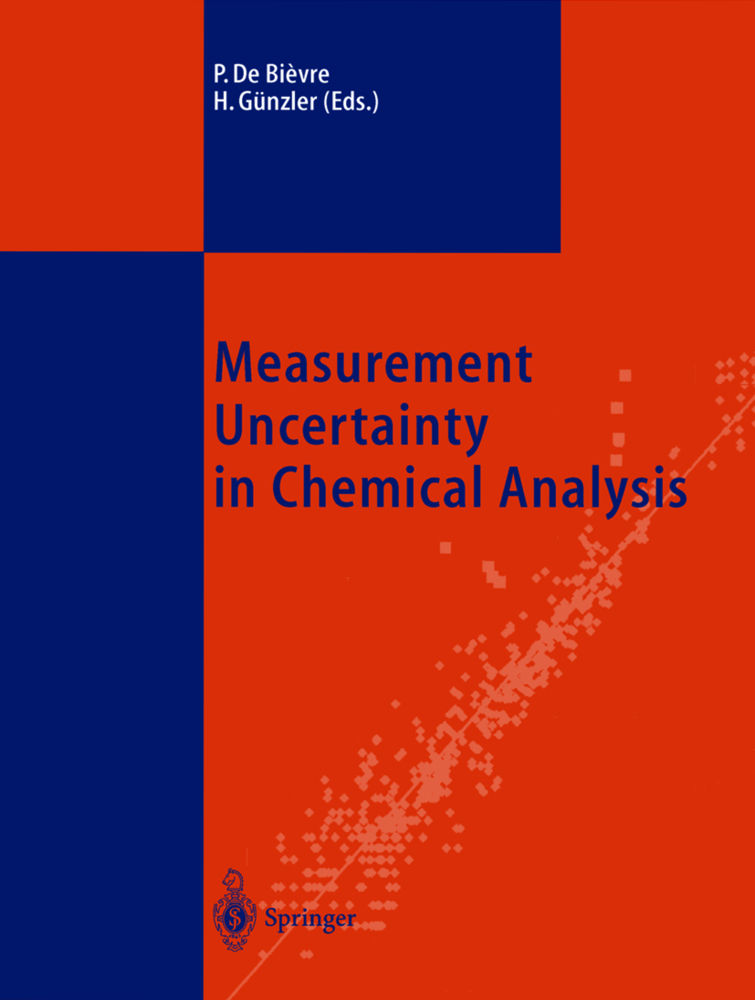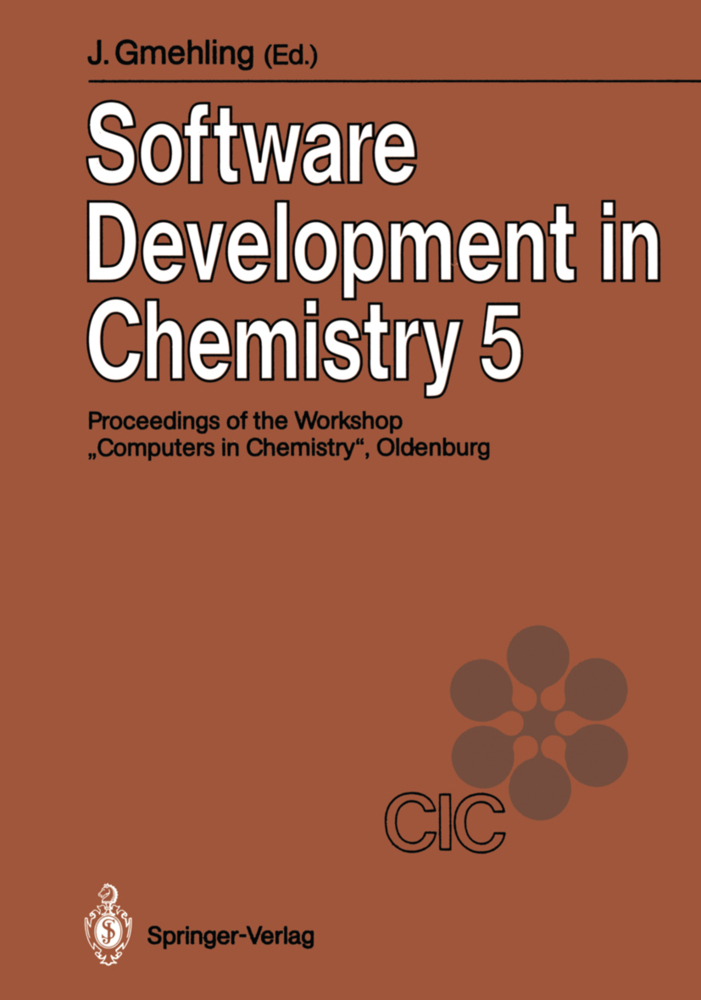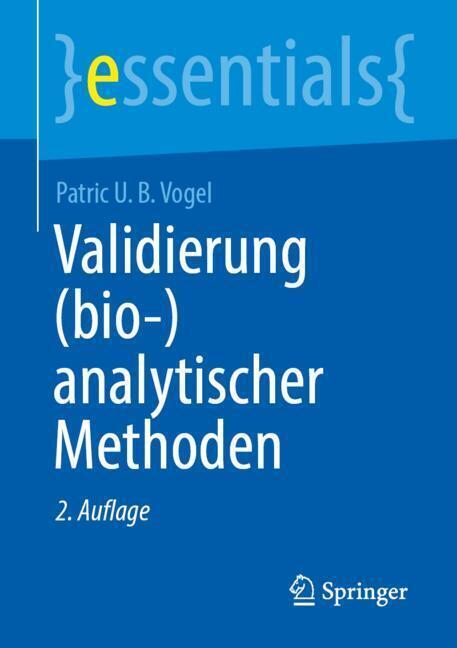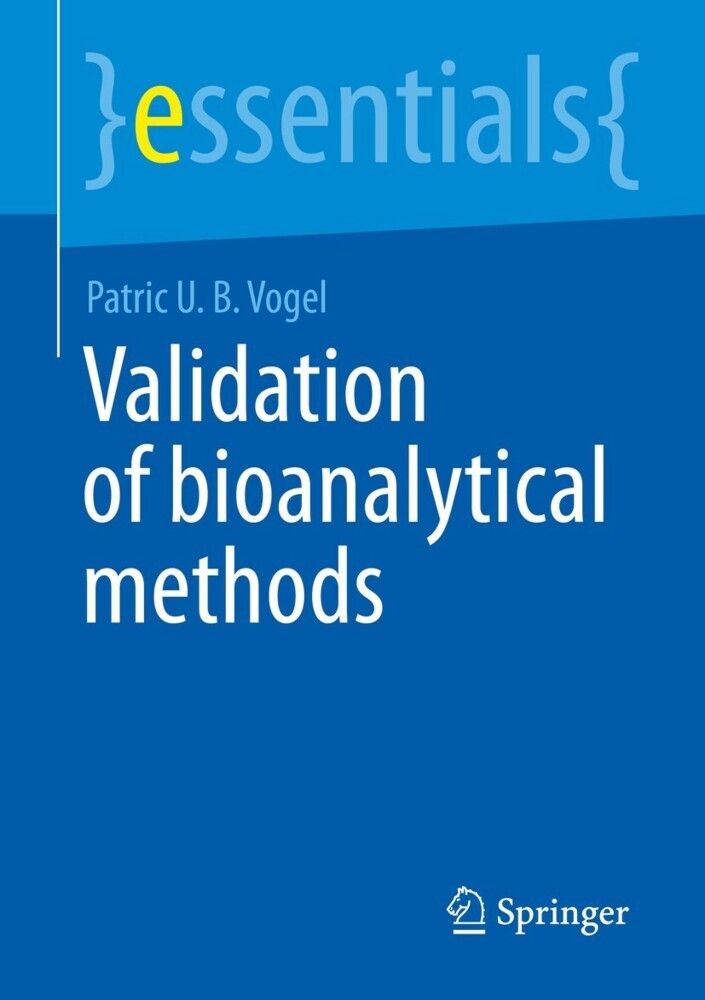Analytical Chemistry
Theoretical and Metrological Fundamentals
Usually, fundamentals of Analytical Chemistry are presented as a sum of chemical and physical foundations, laws, axioms and equation for analytical methods and procedures. In contrast, this book delivers a practice-oriented, general guiding theory valid for all methods and techniques. Starting with a closer look to analytical signals and their dependencies, all the important figures of merit characterizing the power of analytical procedures and the reliability of analytical results are discussed and quantified, such as sensitivity, precision, accuracy and ruggedness. Elements of signal theory, information theory, statisticsand fundamentals of calibration are also presented for this aim. The metrological foundations included define strictly the figures of merit in order to minimize confusions still appearing in Analytical Chemistry publications today.
1;Preface;5 2;Contents;8 3;Symbols;11 4;Abbreviations and Acronyms;23 5;1 Object of Analytical Chemistry;30 5.1;1.1 Definition of Analytical Chemistry;30 5.2;1.2 Repertoire of Analytical Chemistry;34 6;2 The Analytical Process;42 6.1;2.1 Principles of Sampling;44 6.2;2.2 Sample Preparation;52 6.3;2.3 Principles of Analytical Measurement;55 6.4;2.4 Analytical Evaluation;60 7;3 Signals in Analytical Chemistry;72 7.1;3.1 Signals and Information;72 7.2;3.2 Analytical Signals;73 7.3;3.3 Types and Properties of Analytical Signals;76 7.4;3.4 Dimensionality of Analytical Signals and Information;82 7.5;3.5 Mathematical Model of Signal Generation;89 8;4 Statistical Evaluation of Analytical Results;94 8.1;4.1 Reliability of Analytical Observations and Measurements;94 8.2;4.2 Uncertainty Concept;104 8.3;4.3 Statistical Tests;107 8.4;4.4 Reliability of Qualitative Analytical Tests;114 8.5;4.5 Statistical Quality Control;119 9;5 Studying In uences and Optimizing Analytical Procedures;130 9.1;5.1 Testing the Signi.cance of In uencing Factors;130 9.2;5.2 Optimization of Analytical Procedures;141 9.3;5.3 Global Optimization by Natural Design;145 10;6 Calibration in Analytical Chemistry;152 10.1;6.1 General Fundamentals of Calibration;153 10.2;6.2 Single Component Calibration;159 10.3;6.3 Multisignal Calibration;181 10.4;6.4 Multicomponent Calibration;184 10.5;6.5 Calibration by Artificial Neural Networks;194 11;7 Analytical Performance Characteristics;206 11.1;7.1 Reliability of Analytical Measurements;207 11.2;7.2 Sensitivity;214 11.3;7.3 Selectivity and Specificity;218 11.4;7.4 Robustness and Ruggedness;224 11.5;7.5 Limit Values;230 11.6;7.6 Resolving Power;238 12;8 Presentation, Interpretation and Validation of Analytical Results;246 12.1;8.1 Presentation of Analytical Results;246 12.2;8.2 Factual Interpretation of Analytical Results;248 12.3;8.3 Chemometrical Interpretation of Analytical Data;257 12.4;8.4 Analytical Images;279 13;9 Assessment of Analytical Information;294 13.1;9.1 Quanti.cation of Information;294 13.2;9.2 Information Content of Quantitative Analysis;297 13.3;9.3 Multicomponent Analysis;302 13.4;9.4 Process and Image Analysis;305 14;Glossary of Analytical Terms;312 15;Index;338
Danzer, Klaus
| ISBN | 9783540359906 |
|---|---|
| Artikelnummer | 9783540359906 |
| Medientyp | E-Book - PDF |
| Auflage | 2. Aufl. |
| Copyrightjahr | 2007 |
| Verlag | Springer-Verlag |
| Umfang | 316 Seiten |
| Sprache | Englisch |
| Kopierschutz | Digitales Wasserzeichen |

